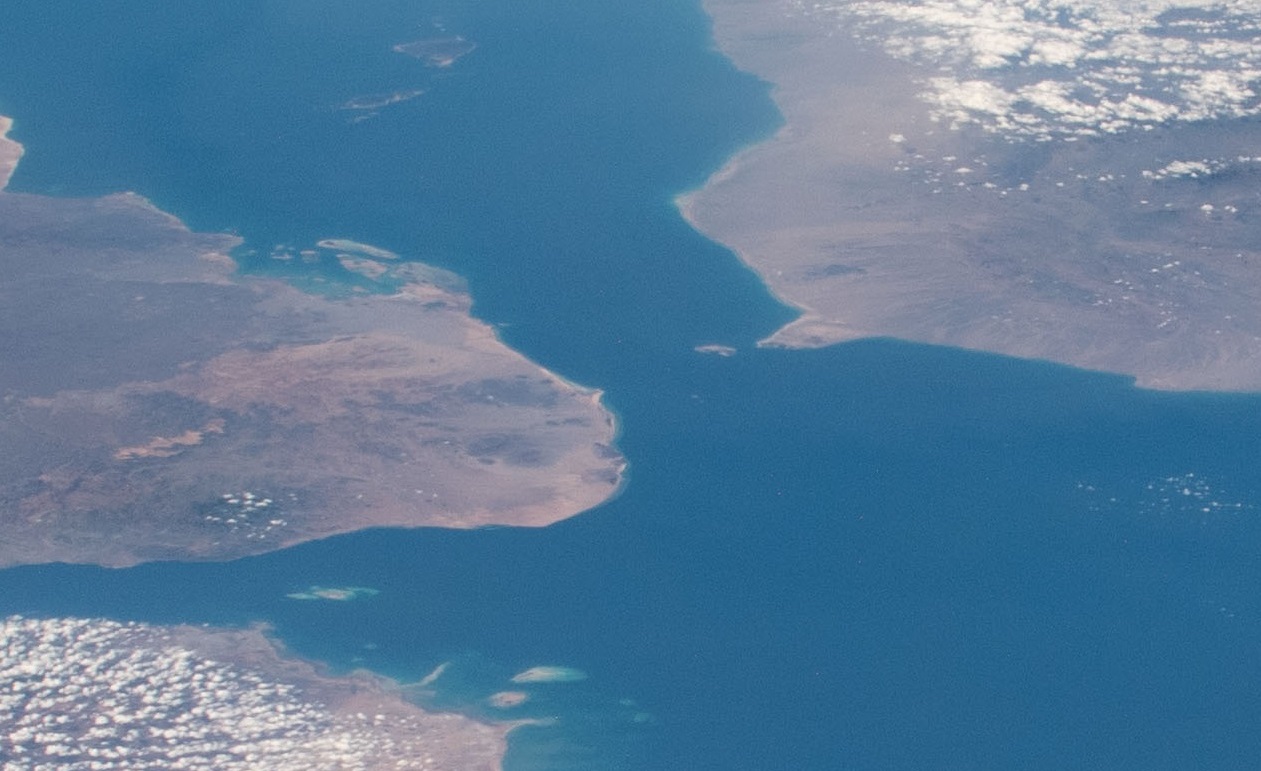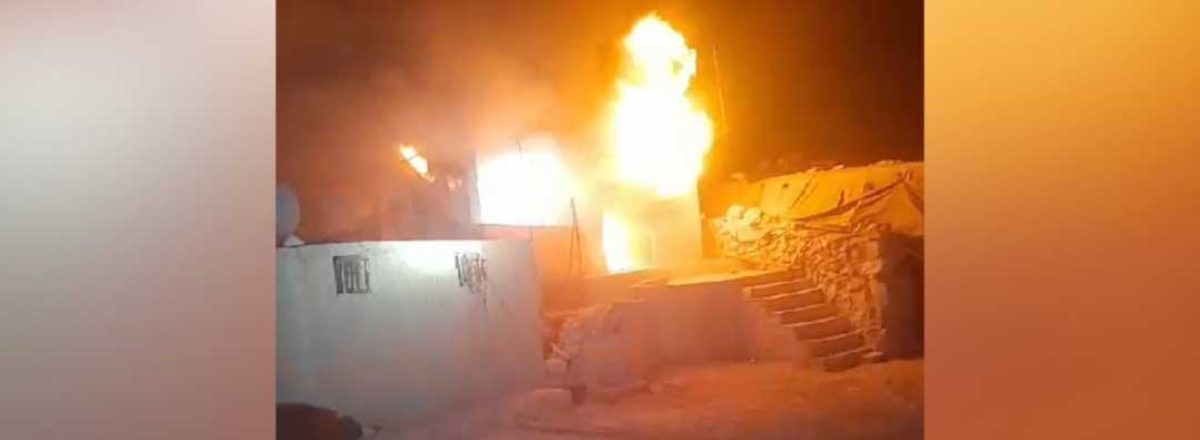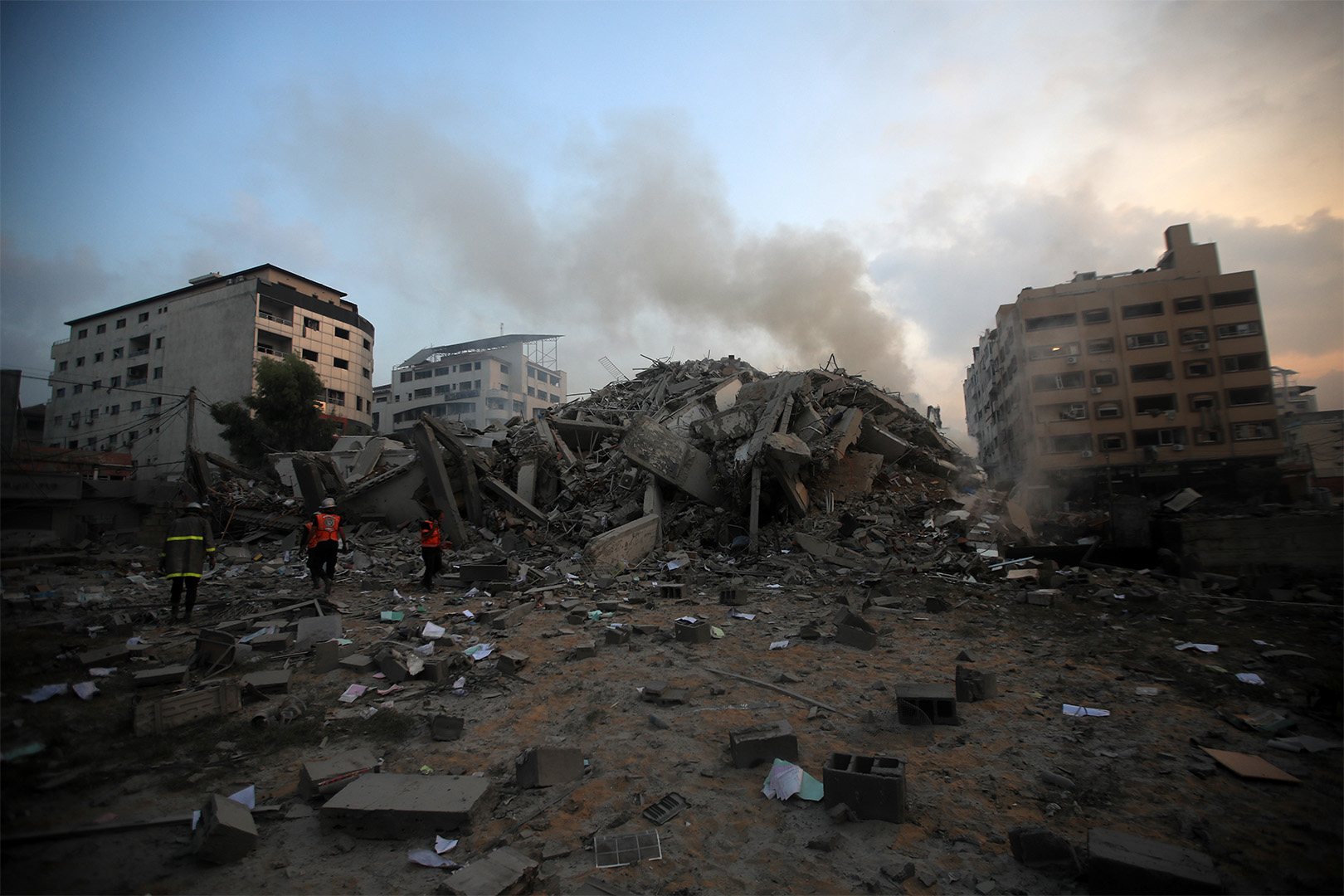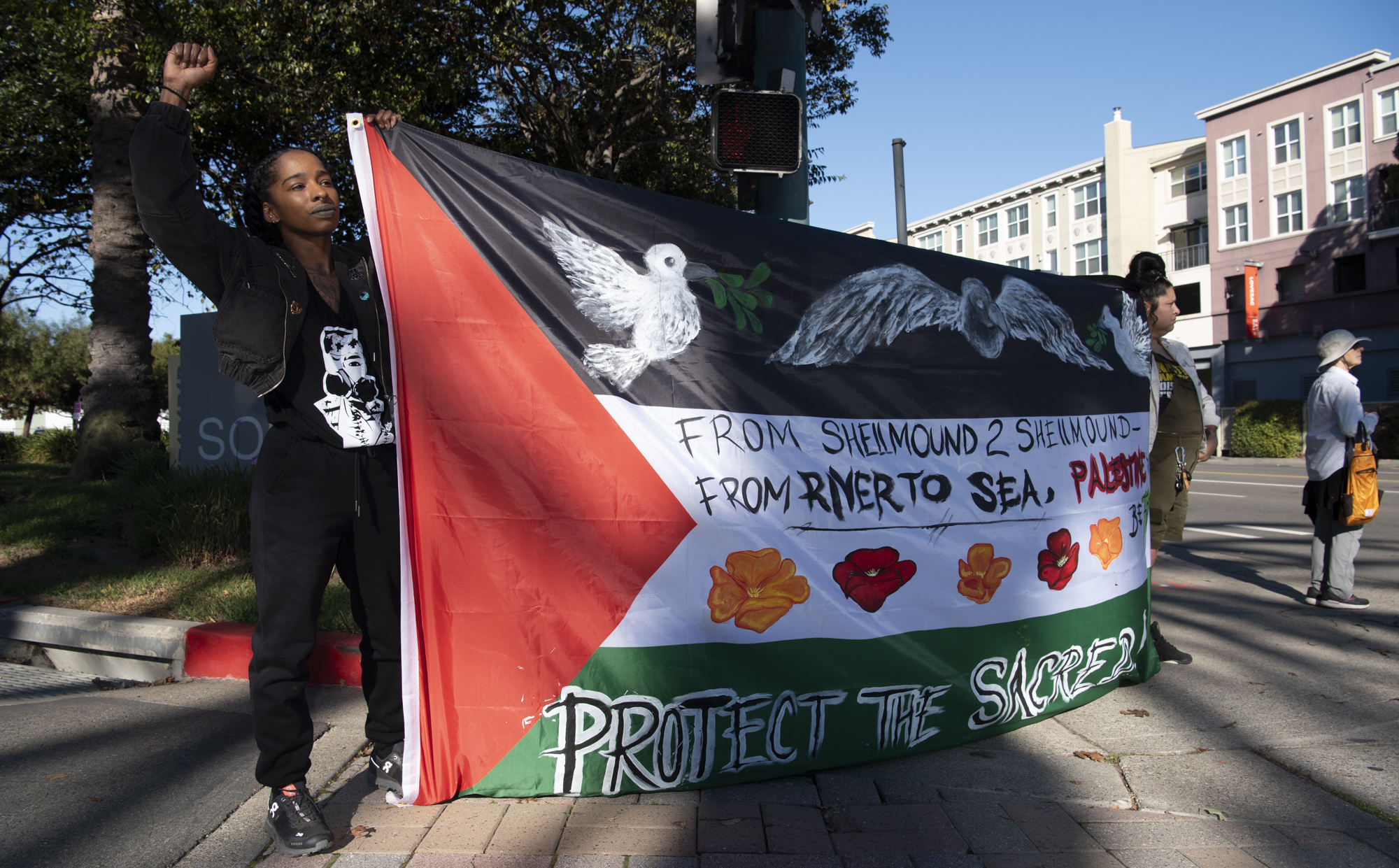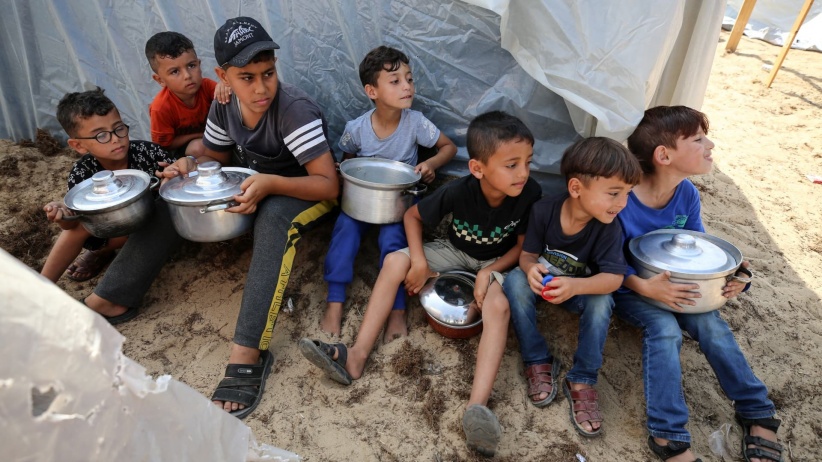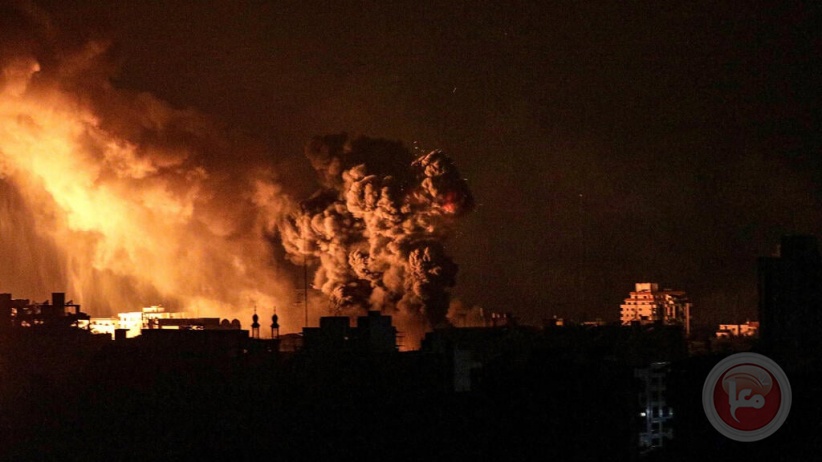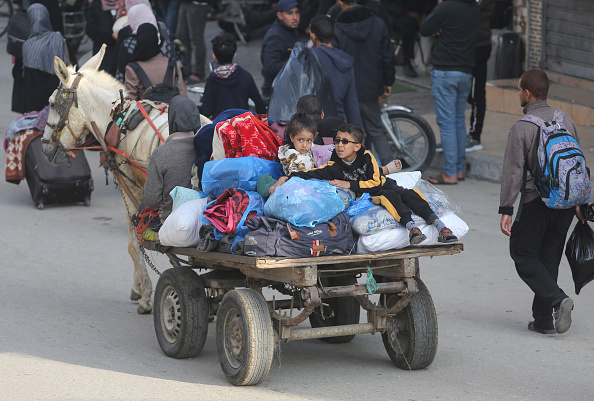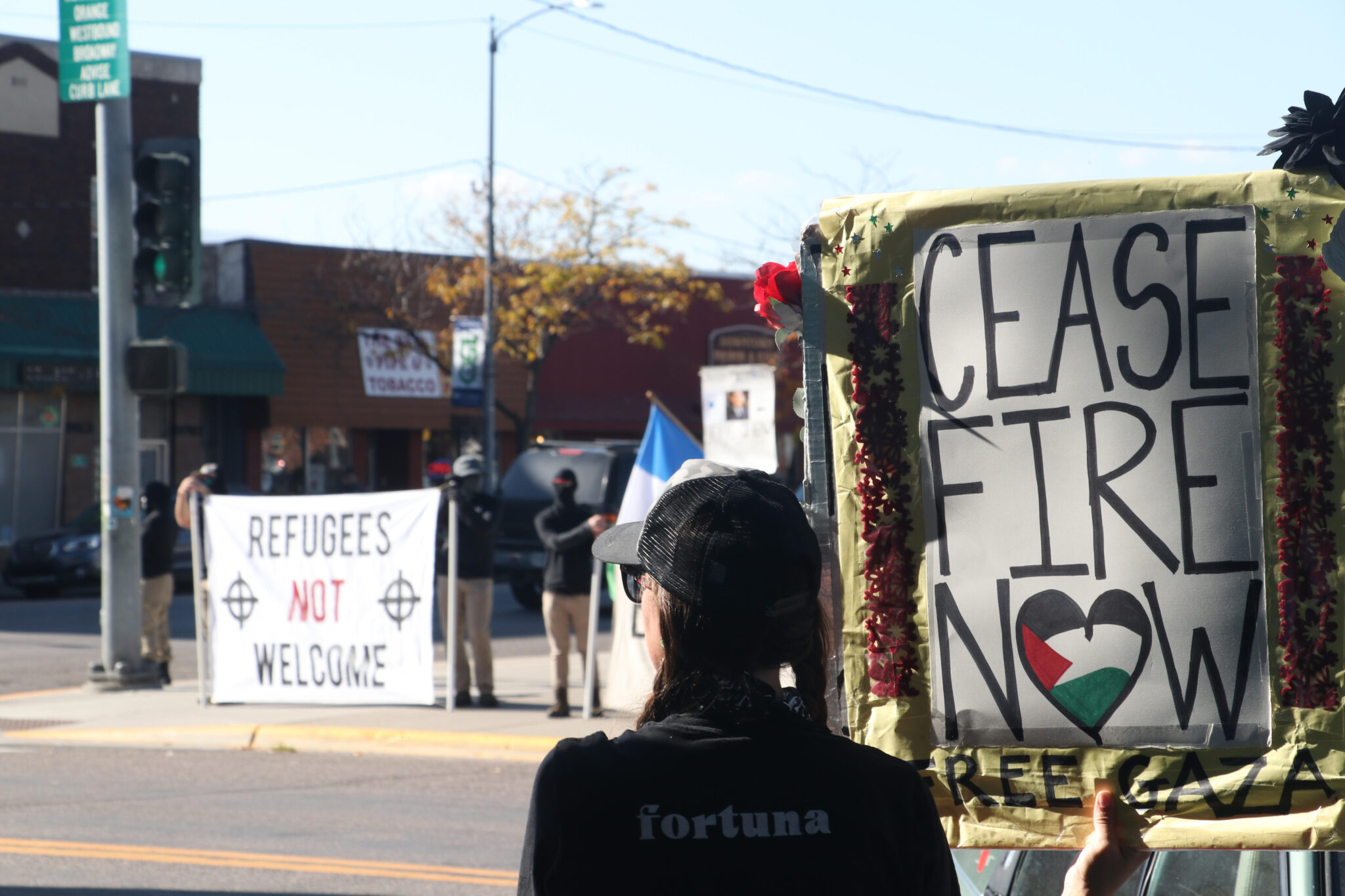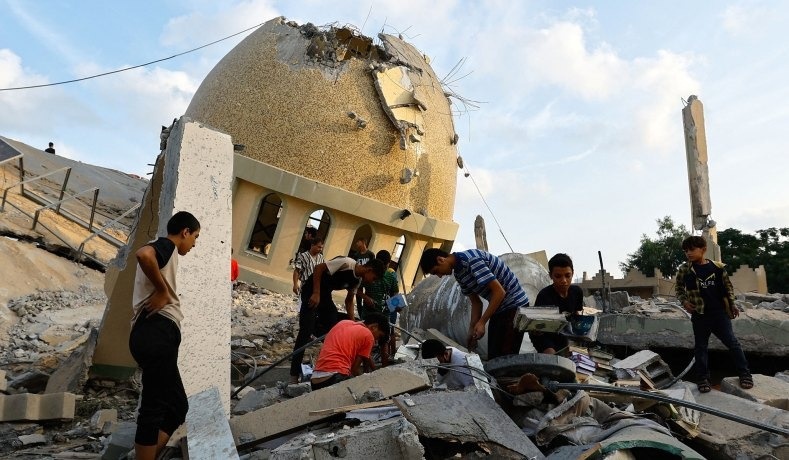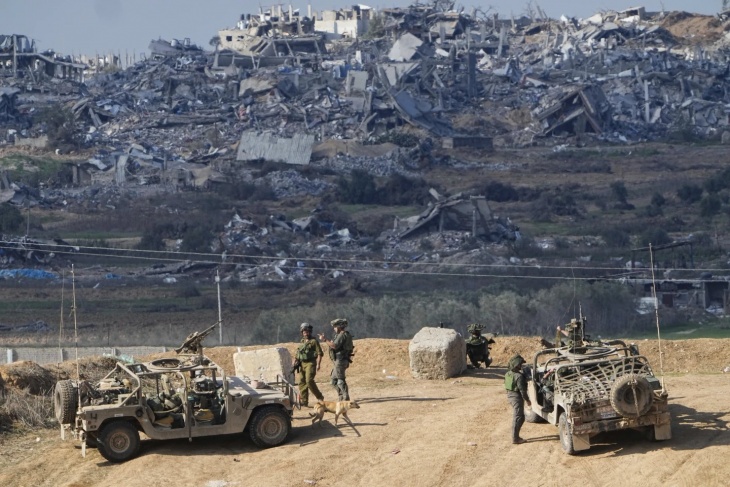
Israeli youth refuses mobilization to Gaza
Eighteen-year-old Tal Mitnick from Tel Aviv has become the first Israeli to refuse mandatory military service since Israel launched its assault on the besieged Gaza Strip. Mitnick was summoned to Tel Hashomer recruitment center, where he declared himself to be a conscientious objector, and was sentenced to 30 days in military prison. Mitnick is one of 230 Israeli youth who signed an open letter in early September, prior to the war, announcing their intention to refuse their draft orders as part of a protest against efforts by Israel’s far-right government to restrict the power of the judiciary. Connecting the judicial coup to Israel’s long-standing military rule over Palestinians, the signatories—under the banner of “Youth Against Dictatorship”— declared that they would not serve in the army “until democracy is secured for all who live within the jurisdiction of the Israeli government.” (Photo: Maan News Agency)




